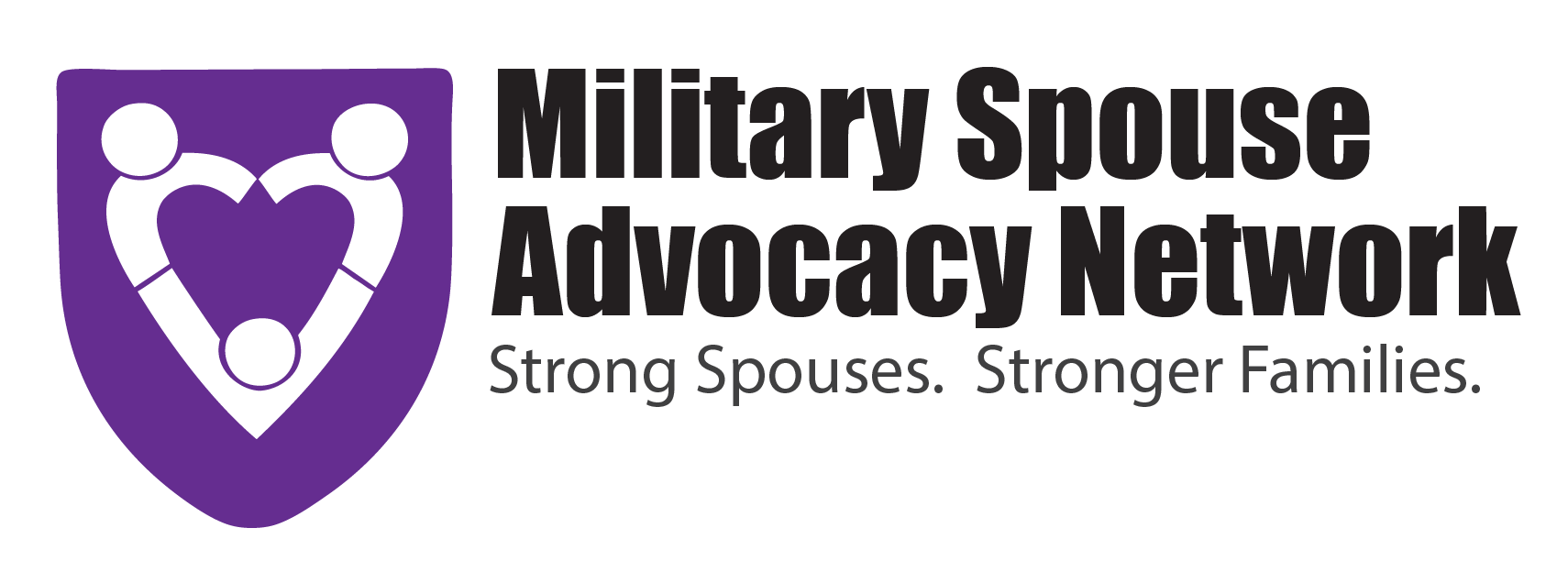College & Military Life: One Military Spouse's Perspective
The road toward pursuing higher education is never really straightforward. It demands much thought and consideration, such as how to pay for the education, how long it might take, and whether to enroll in a program requiring an in-person presence or a complete asynchronous offering. These decisions alone can be stressful for the average future student, let alone a military family/spouse.
I had already completed my undergraduate degree when I first met my service member, so giving thought to the uniqueness of pursuing an education as a military spouse was lost on me. It wasn't until after we met that I started working on my Master's degree. But there was much to consider.
Because we moved so much even in the beginning, when deciding to pursue my Master's degree, the decision to complete a program on campus was practically not in the cards. In addition to considering a program based on a location offering, I also had to consider how I would pay for college because we were only dating and not married at the time.
Finally, I had to ask myself what value I expected to gain from attaining such a degree. Was it for the purpose of up-skilling to gain a professional competitive advantage? Was it to learn something new? Or was it a means to maintain my identity as a future military spouse and not become blurred into the identity of my service member's career?
People pursue educational endeavors for various reasons. As military spouses, we have become very strategic in guaranteeing a return on investment from education, whatever the reason we choose to pursue it.
While my Master's degree was conferred in 2013, many opportunities for financing a military dependent's education have since blossomed. Here are just a few options to consider:
MyCAA offers financial assistance to family members of service members up to E-6 looking to return to school.
Military OneSource's Education and Employment program offers 100% of tuition expense provisions for semester hours costing $250 or less.
Act Now Education and Blue Star Families are two prominent nonprofit military affiliate organizations offering free Coursera subscriptions. On this platform, learners of the military community are eligible to receive college credit (ranging from 1 to 18 credits) upon completing industry micro-credentials and Specializations.
Local county Workforce Development Centers, found through your county’s website, offer college course provisions.
Most schools offer a 10% Military discount on general tuition costs. Be sure to ask your financial aid office.
If you're employed, see if your employer offers tuition reimbursement through the Employer-sponsored benefits plan.
One final resource to mention is homework help. Tutor.com is a program that offers online tutoring and homework help 24/7 and free of charge to eligible military service members and dependents.
From one military spouse to another, whatever your "why" is for obtaining an education for yourself, never self-sabotage or block such an opportunity, especially for reasons like financing. Plenty of resources exist today to help you set out on your educational expedition.
Research all your funding options before committing to this journey because a lack of planning in this regard could lead to very costly long-term consequences, and, well, no one wants that in this economy!
While many of the points made here have been my subjective viewpoints, as a subject matter expert in Knowledge Management and Organizational Learning, I hope you find some validity in the perspectives shared. Happy learning!
To connect with MSAN’s Education advocate, join the HUB.
Monique Ekundayo is a Military spouse to a Naval Officer stationed at NS-Norfolk. And while she calls San Diego, California, home, she and her little guy are currently residing in the National Capital Region. In her free time, she likes to tour the area and visit a new museum and tourist attraction at every given opportunity. #GoNavy


